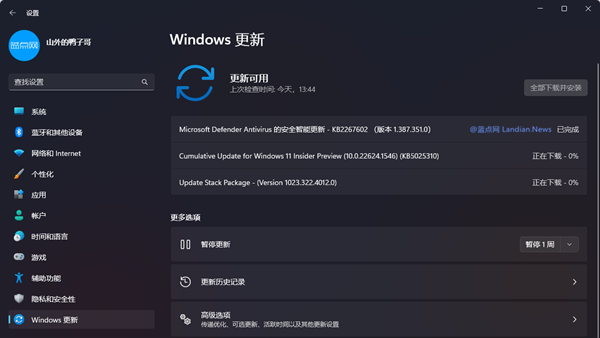Performance Decline Still Evident in Windows 11 24H2 with VBS Memory Integrity Enabled
Microsoft emphasized enhanced security in Windows 11 from the outset, mandating devices to be equipped with Trusted Platform Modules and Secure Boot. Additionally, Microsoft has focused on memory security.
To this end, Windows 10/11 features memory integrity checks or Hypervisor-protected Code Integrity (HVCI), leveraging Virtualization-Based Security (VBS) to bolster system protection.
While memory integrity checks can indeed enhance system security—particularly by thwarting certain malware's attempts to steal data through memory access—they come at a cost: performance impact.
Microsoft has acknowledged this trade-off, previously noting in a support document that disabling memory integrity could improve gaming performance, a move that indeed benefits game functionality.
German tech site ComputerBase conducted tests on Windows 11 24H2 using an AMD RYZEN 5800X3D, revealing that enabling memory integrity in this upcoming version also affects performance.
The tests showed an approximate 8% drop in frame rates with memory integrity enabled, though the impact may vary across different hardware. Microsoft considers this performance dip acceptable in the pursuit of enhanced security.
On another note, AMD has been optimizing branch prediction code on Windows 11 24H2 to address performance issues when not using an Administrator account, with these optimizations also ported to Windows 11 23H2.
For AMD users, upcoming patches set for release in September should improve performance, with these updates expected next week.

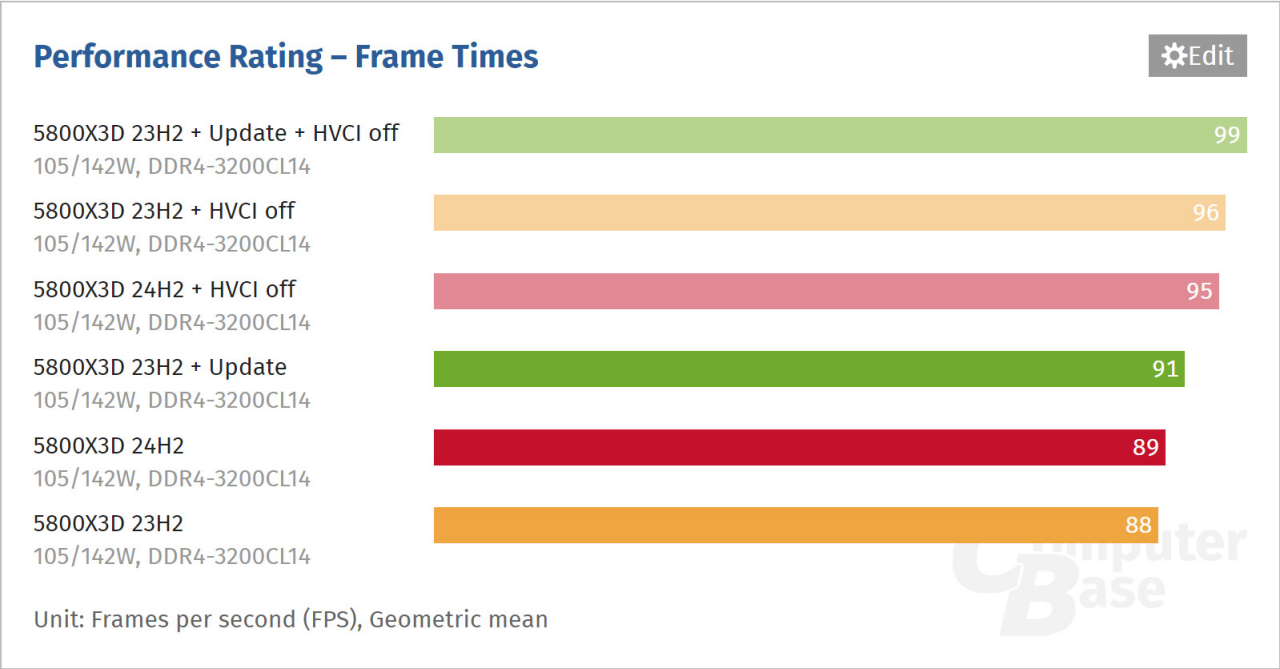

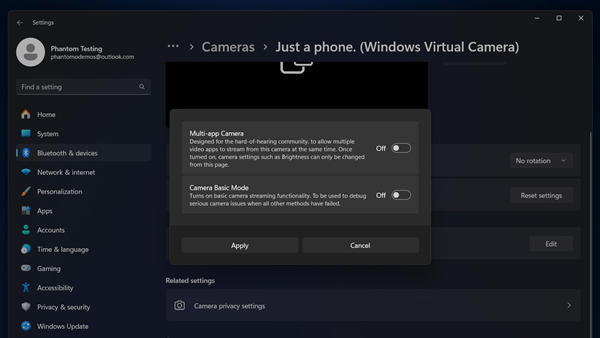

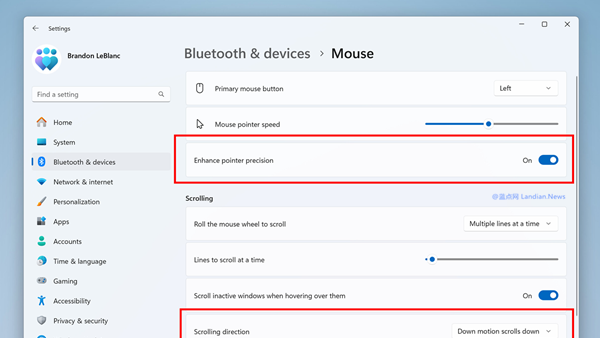
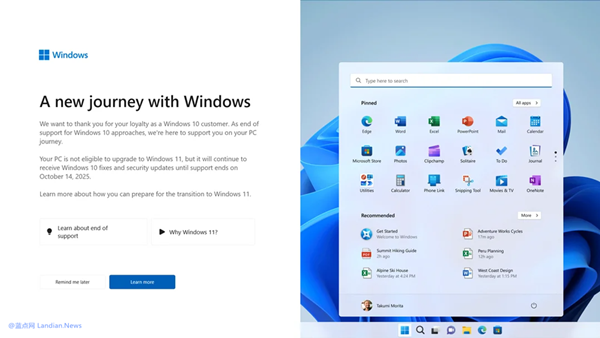


![[Tutorial] Western Digital SN580/SN770 Installation of Windows 11 24H2 Leads to Blue Screen Crashes: Here's How to Fix It](https://img.lancdn.co/news/2024/06/3700T.png)

